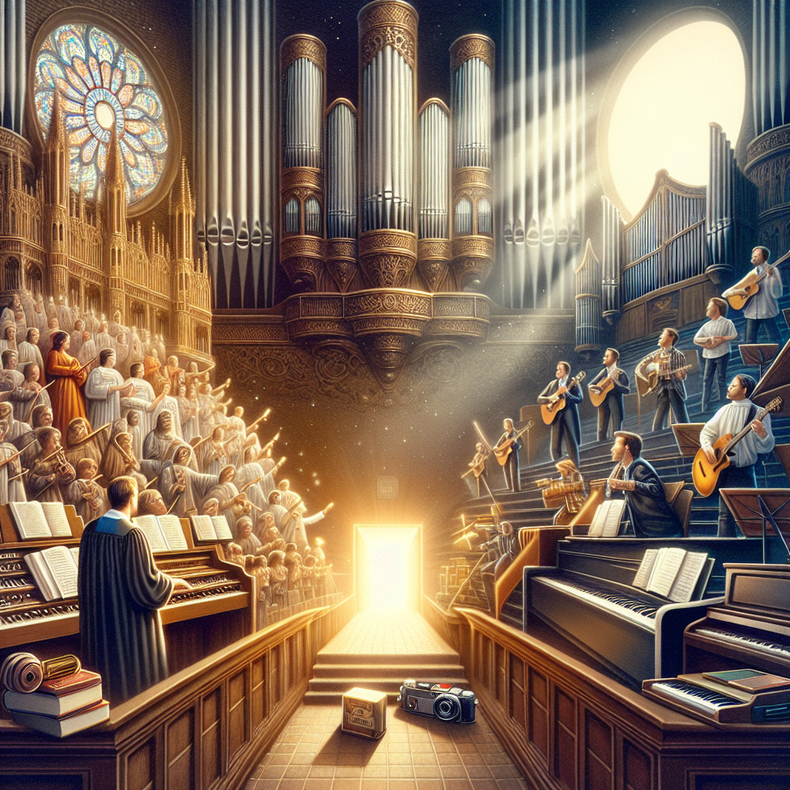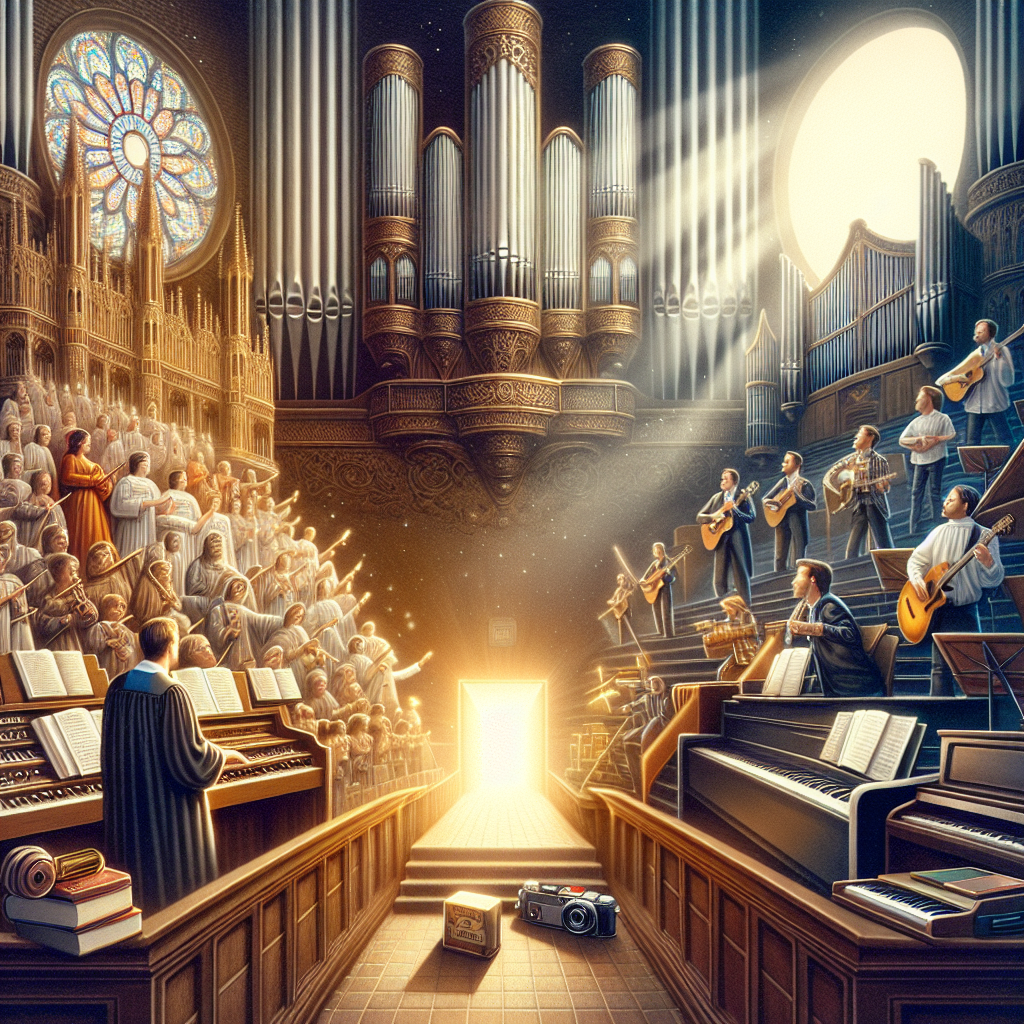The Evolution of Worship Music Genres
The evolution of worship music genres is a fascinating journey that reflects the changing times, cultures, and expressions of faith. From the traditional hymns of centuries past to the contemporary worship music of today, the genre has continually evolved to resonate with the faithful in new and meaningful ways.
The Early Days: Hymns and Gospel
Historically, Christian music was mostly limited to hymns, gospel, or classical music. These forms of music were thought to be solely to praise God, while worship was considered a separate, more private act. Hymns, due to their length, often explored God's character and our relationship with Him in great depth.
The Rise of Contemporary Christian Music
The late 1960s marked a significant shift in Christian music. Converts from the hippie culture, known as Jesus People, started bringing their guitars to church, giving birth to what we now know as modern worship. This period saw the emergence of Contemporary Christian Music (CCM), which made an impression not only on the Christian community but also on the music industry as a whole. CCM styles dominated Christian bookstore shelves, concert venues, church worship services, and airwaves. It expanded to include a vast array of styles such as rock, metal, rap, country, gospel, urban gospel, easy listening, and pop.
Global Influence and Diversity
The phenomenon of global music in worship has also become prominent. Ethnomusicologists have observed that global music sounds and traditions are expanding the church music repertoire. For example, the African church offers a holistic type of worship where music performance practice includes dance. Singing worshippers must stand, move, and clap before a melody with text is considered a genuine song.
Contemporary Worship Music
Over the past 25 years, contemporary worship music has matured into a recognizable musical style and industry force, with its own conventions and characteristics. Contemporary worship songs usually contain a clear demarcation between verse and chorus, a climactic bridge, a simple harmonic structure, and heavy use of pads and keyboard effects to create a washy foundation of texture. However, contemporary worship music has also faced criticism for being formulaic and clichéd, often criticized for showing not musical growth but rather musical stagnation.
The Future of Worship Music
The future of worship music is likely to continue evolving, reflecting the changing needs and expressions of faith in the church. As the world becomes more interconnected, we can expect to see even more influence from global music traditions. Furthermore, as contemporary worship music matures and diversifies, we may see new sub-genres and styles emerge. In conclusion, the evolution of worship music genres is a testament to the dynamic nature of faith and its expression through music. As times change, so too does the music that helps believers express their devotion, creating a rich tapestry of worship music that spans centuries and cultures.
Look at our collection: https://www.bibleinmylanguage.com/audio/praise-and-worship/


